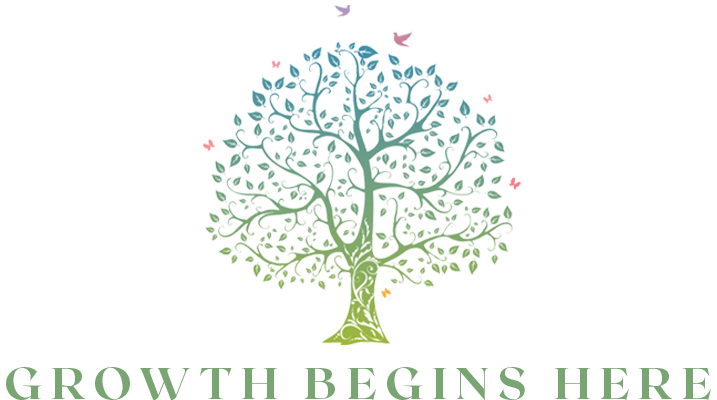Healthy soil is the foundation of a successful garden. It provides nutrients, water, and support to plants, and it also helps prevent disease and pests. However, maintaining healthy soil can be a challenge, especially if you’re dealing with poor quality soil or environmental factors like erosion and drought. Here are some tips for keeping your soil healthy and productive.
Test your soil
Before you start planting, it’s important to test your soil. A soil test will help you determine the pH level, nutrient levels, and organic matter content of your soil. You can purchase a soil test kit at a garden center or send a sample of your soil to a lab for testing. Knowing the characteristics of your soil will help you choose the right plants and fertilizers for your garden.
Add organic matter
Organic matter, like compost and leaf litter, is essential for healthy soil. It improves soil structure, increases nutrient content, and enhances water retention. You can add organic matter to your soil by composting kitchen scraps, using grass clippings as mulch, or buying compost from a garden center. Be sure to mix the organic matter into the soil thoroughly to ensure even distribution.
Rotate crops
Crop rotation is a technique used to improve soil health and prevent disease. By rotating crops, you can avoid depleting soil nutrients and reduce the risk of pests and diseases that affect specific plant families. For example, if you grow potatoes in one area of your garden, plant carrots in that area the following year. This will help restore nutrients to the soil and reduce the risk of soil-borne diseases.
Avoid over-tilling
Tilling is a common practice used to prepare soil for planting, but over-tilling can damage soil structure and reduce soil fertility. Instead of tilling, try using a garden fork to loosen soil or add organic matter directly to the surface. This will help improve soil structure and prevent compaction, which can lead to poor drainage and reduced plant growth.
Mulch
Mulching is a great way to improve soil health and reduce water loss. A layer of organic material like straw, wood chips, or leaves can help prevent soil erosion, conserve moisture, and suppress weeds. Be sure to add a thick layer of mulch to your garden beds, and keep it at least two inches away from plant stems to prevent rot.
Water efficiently
Water is essential for healthy soil and plant growth, but overwatering can lead to waterlogged soil and root rot. Instead of watering frequently and lightly, try watering deeply and less often. This will encourage plant roots to grow deeper into the soil and help conserve water. Additionally, consider using a drip irrigation system or a rain barrel to conserve water and reduce runoff.
Conclusion
By following these tips, you can help keep your soil healthy and productive. Remember, healthy soil means healthy plants, which means a bountiful harvest and a beautiful garden.
